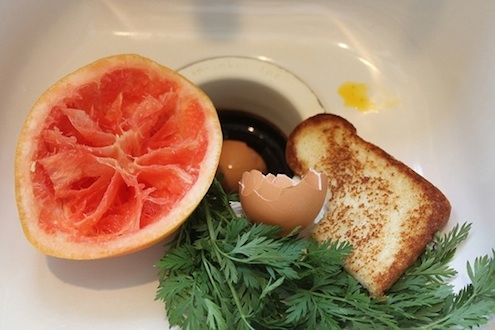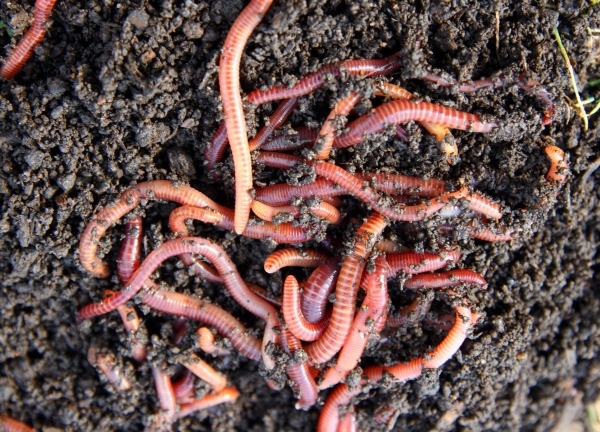There's Gold Going Down Your Drain!
Food-waste that goes into the kitchen garbage disposal really is literally wasted. Food waste that is sent down the garbage disposal upsets the balance of biomass in your septic system (and the city sewer system, too) due to the increase of undigested solids added to the mix. These undigested solids tend to be be slow to separate and settle down into the sludge layer (that you will then have to pay to get pumped out) or combine with the floating scum layer (that also has to be pumped out) in the septic tank. If you have a septic system, all that undigested organic material places a heavy burden on your system and may even cause premature system failure - which is never good! Besides that, getting your septic system pumped more frequently is expensive! Those perfectly good organic materials can be "reused" and put back into Nature's biosystem.


